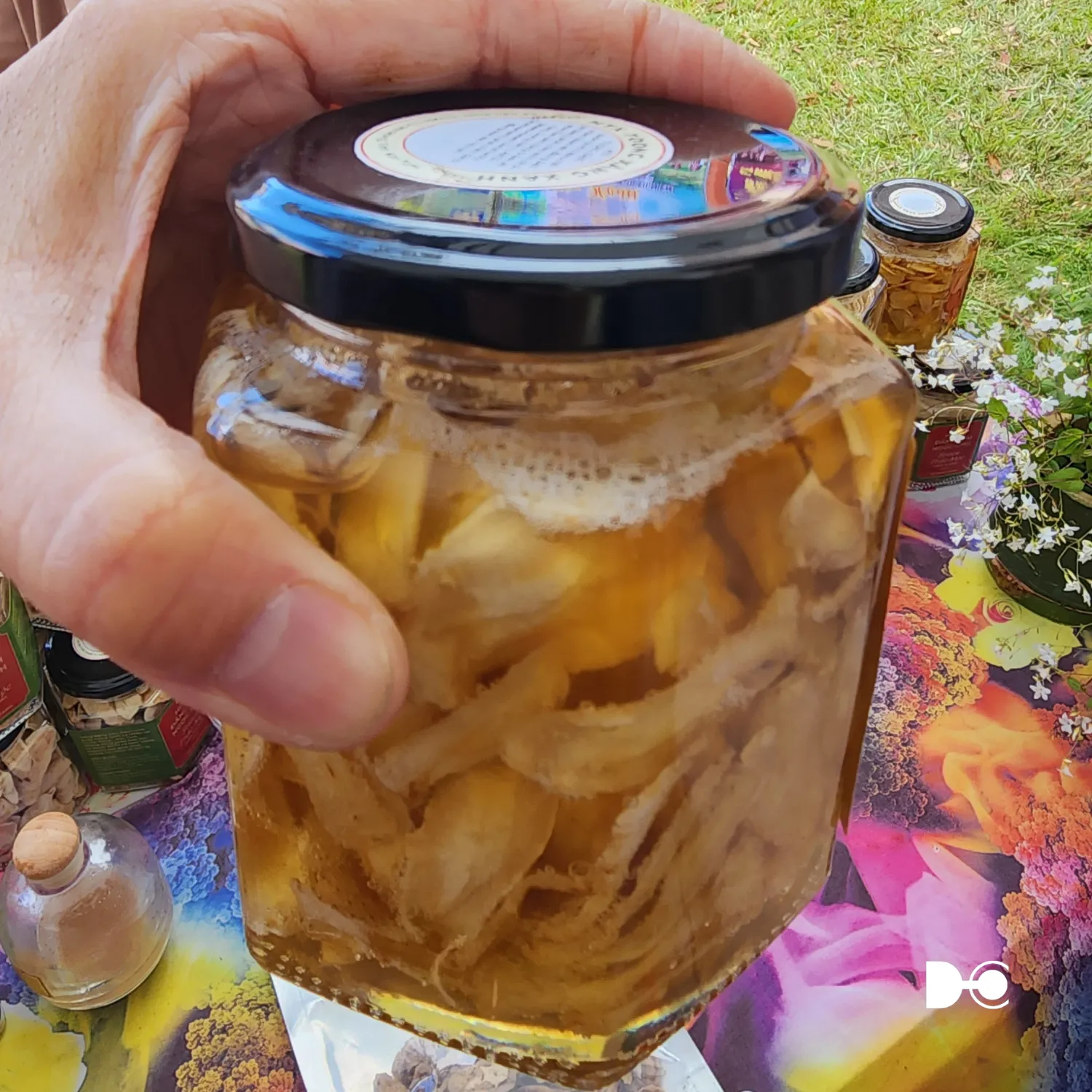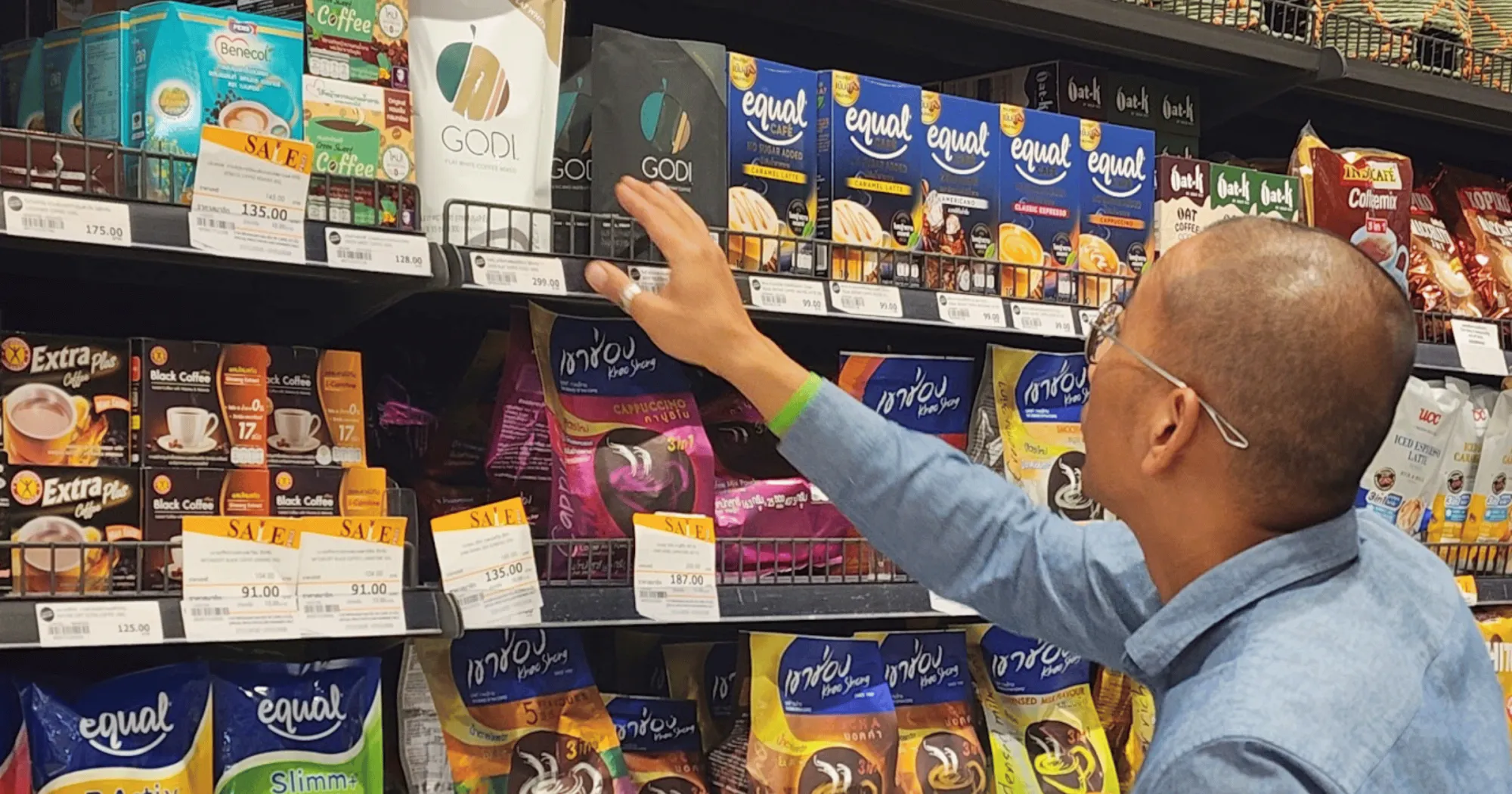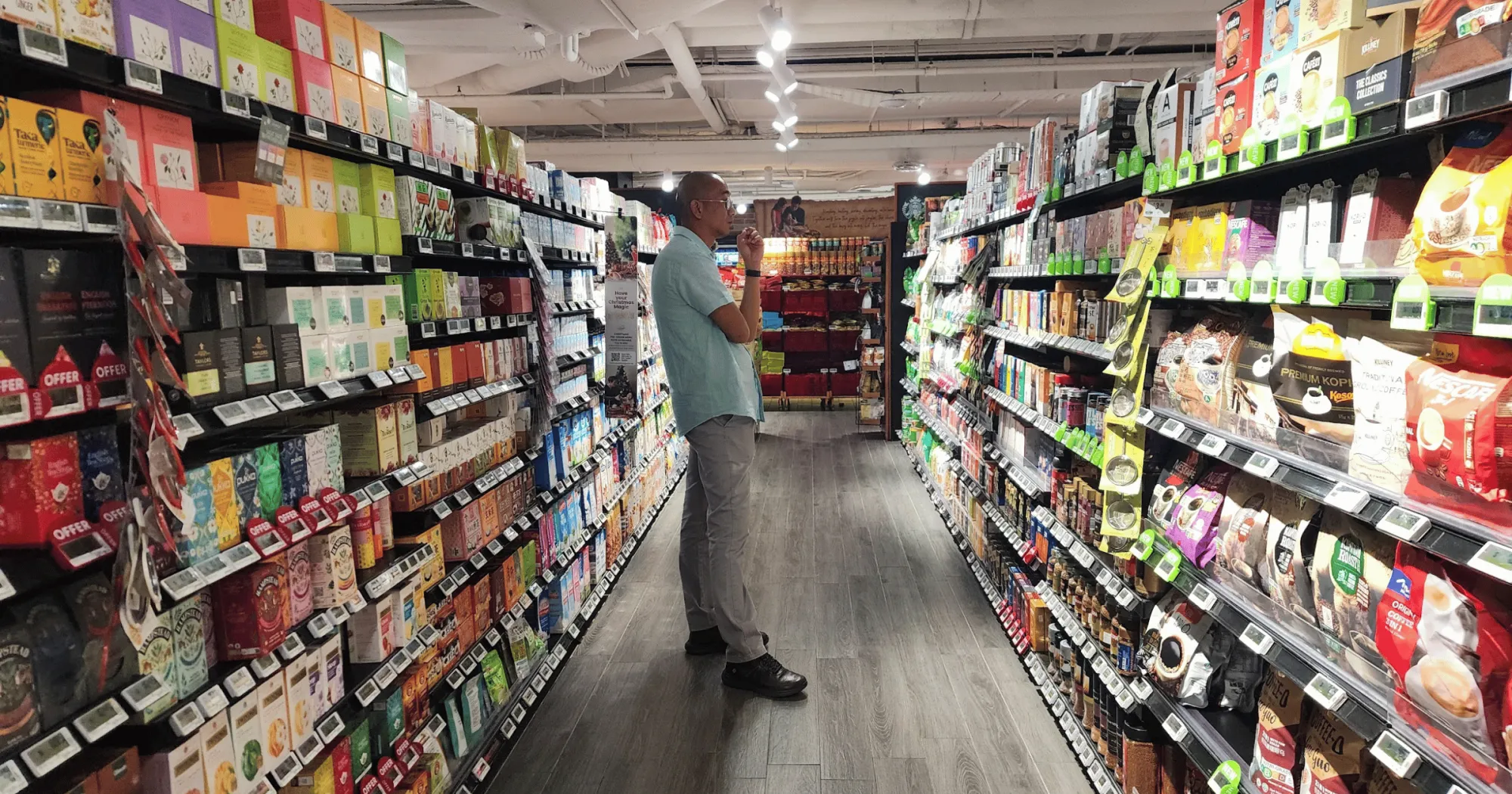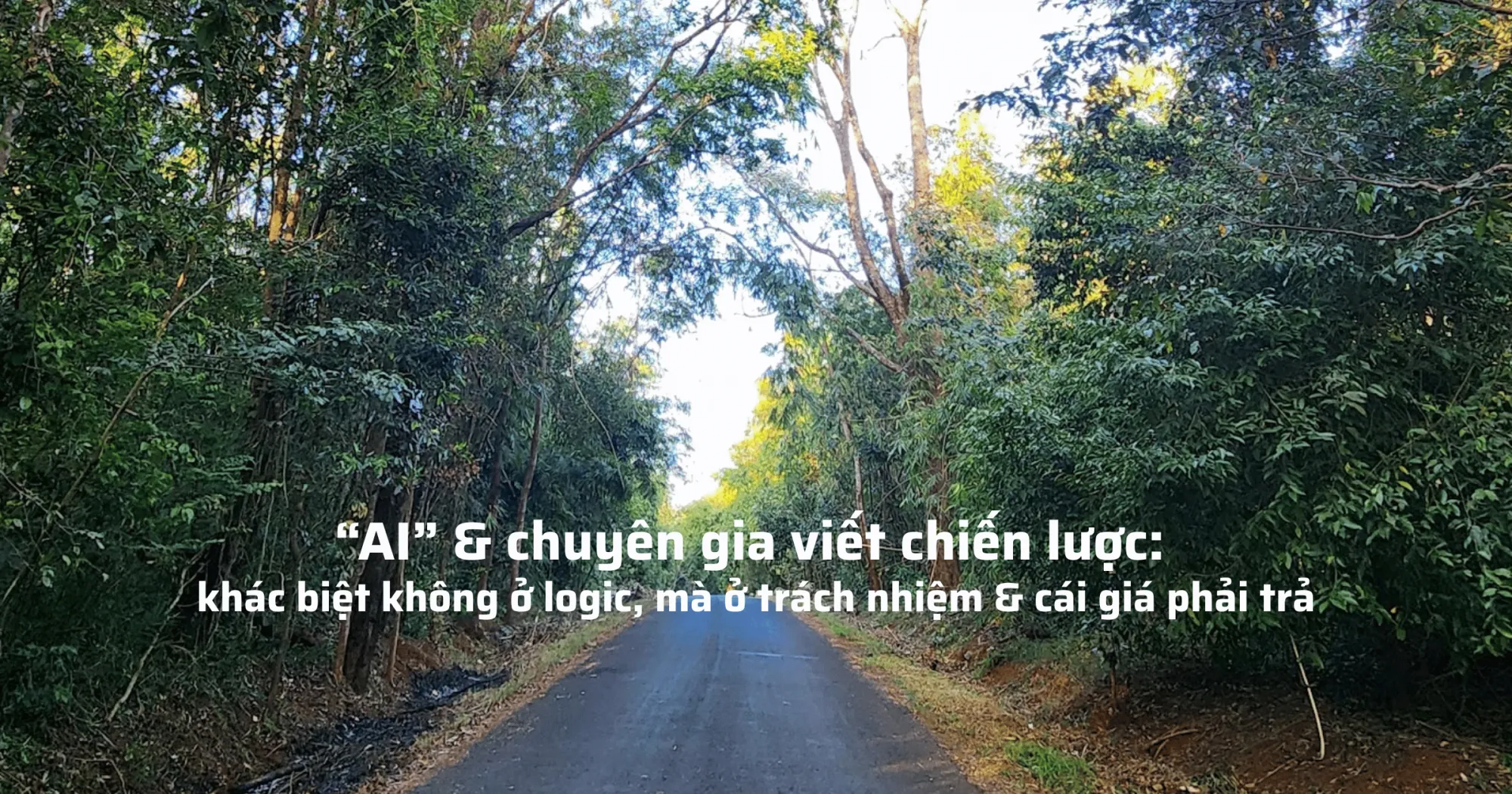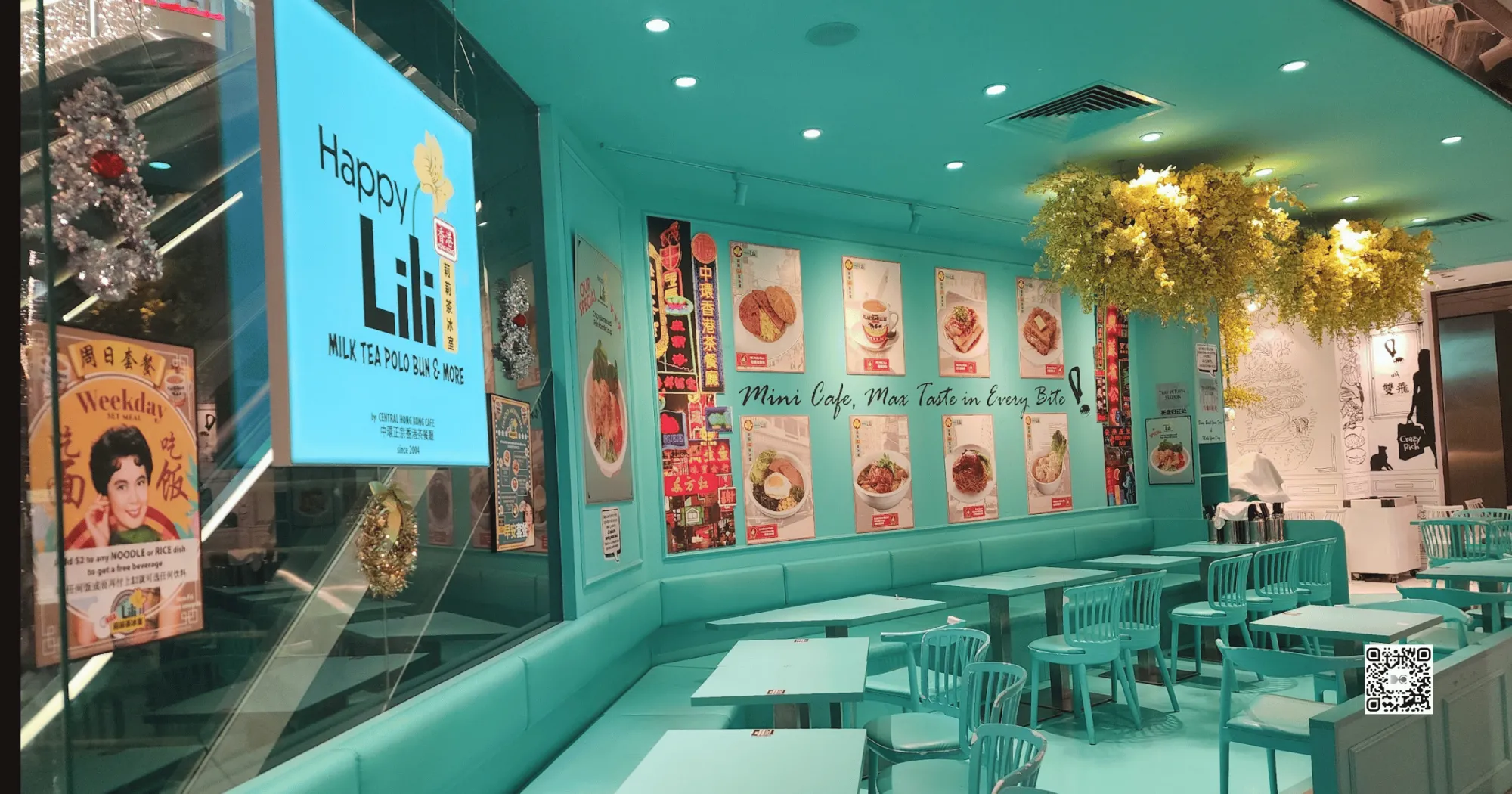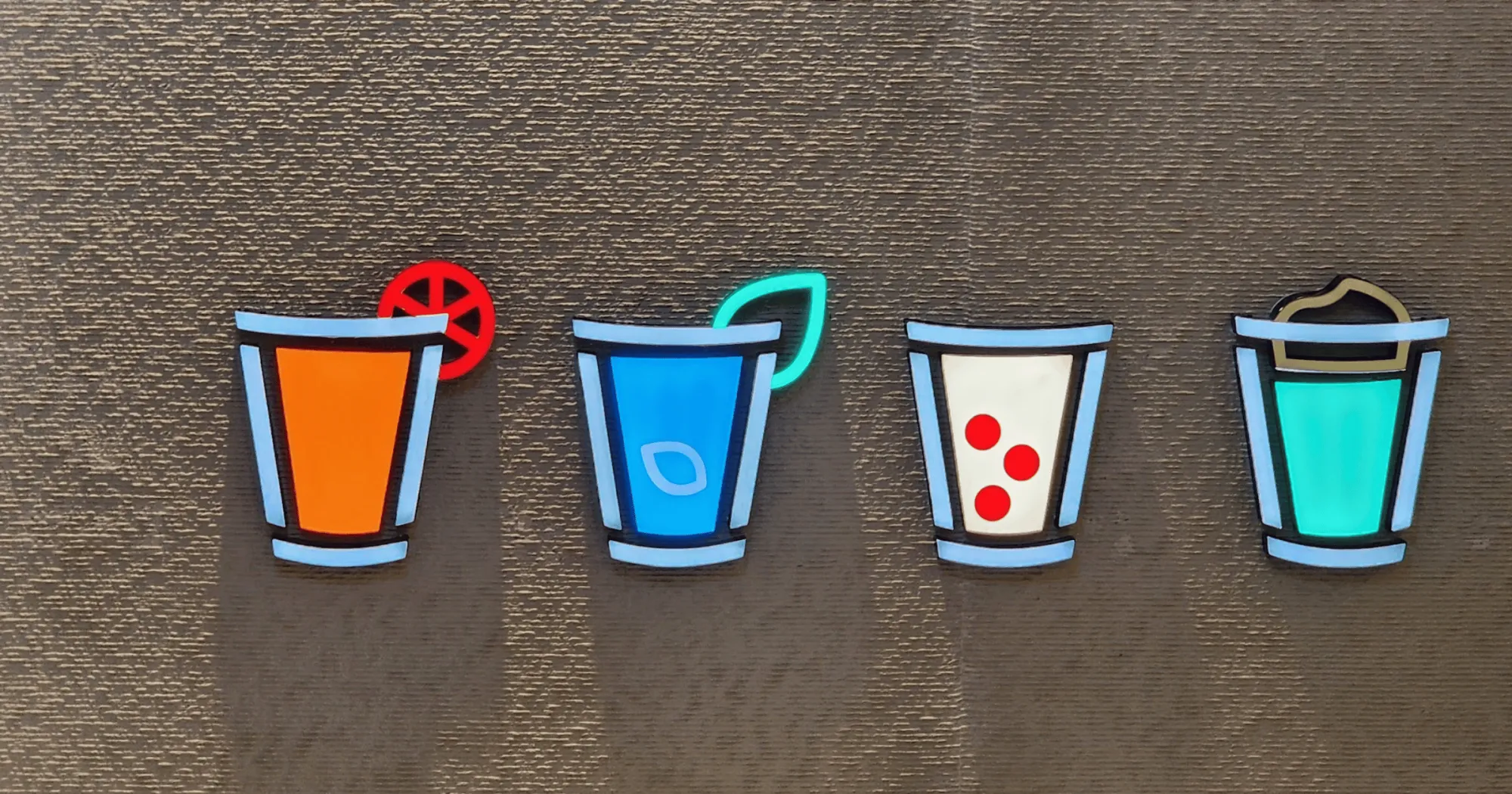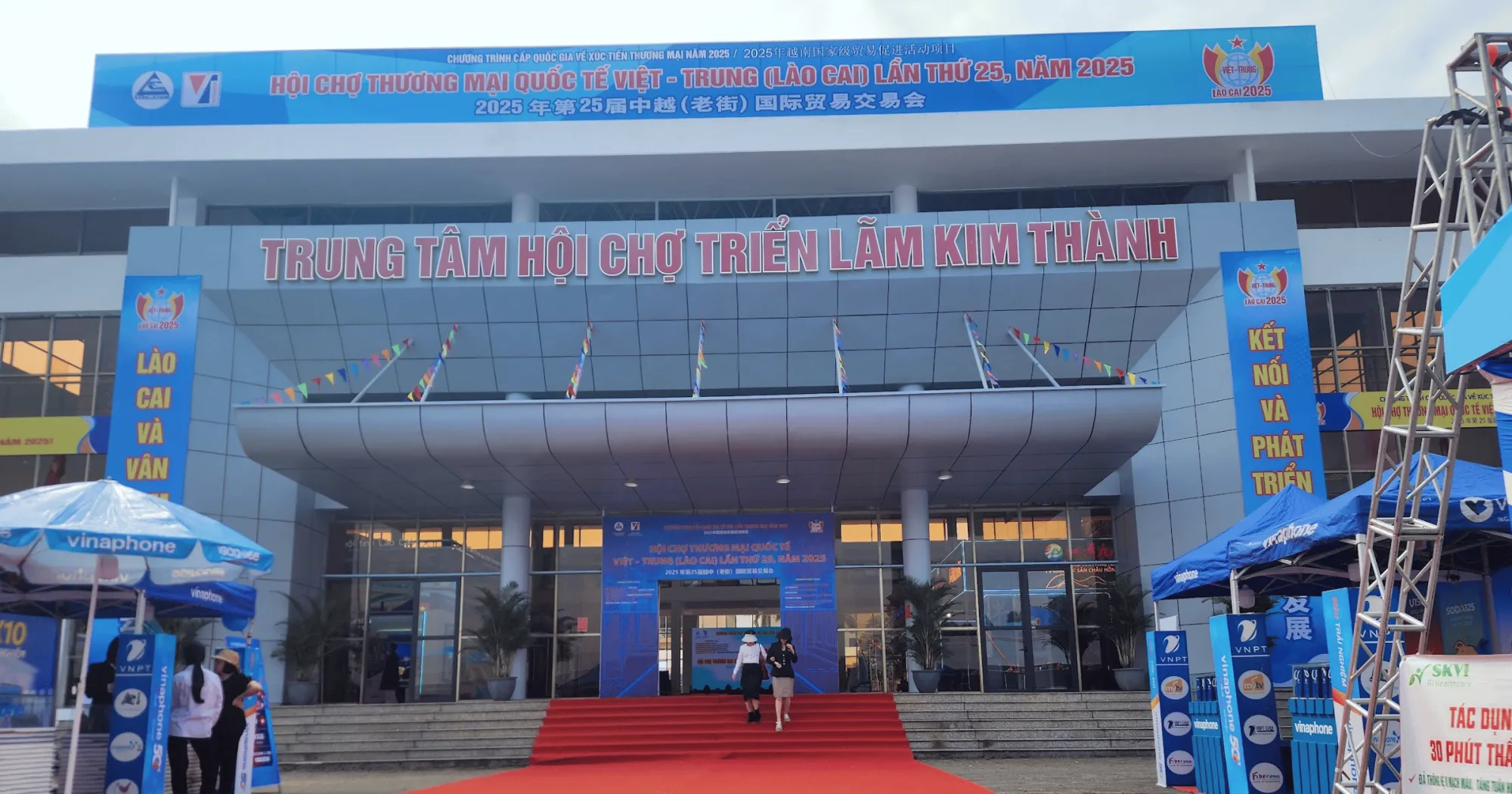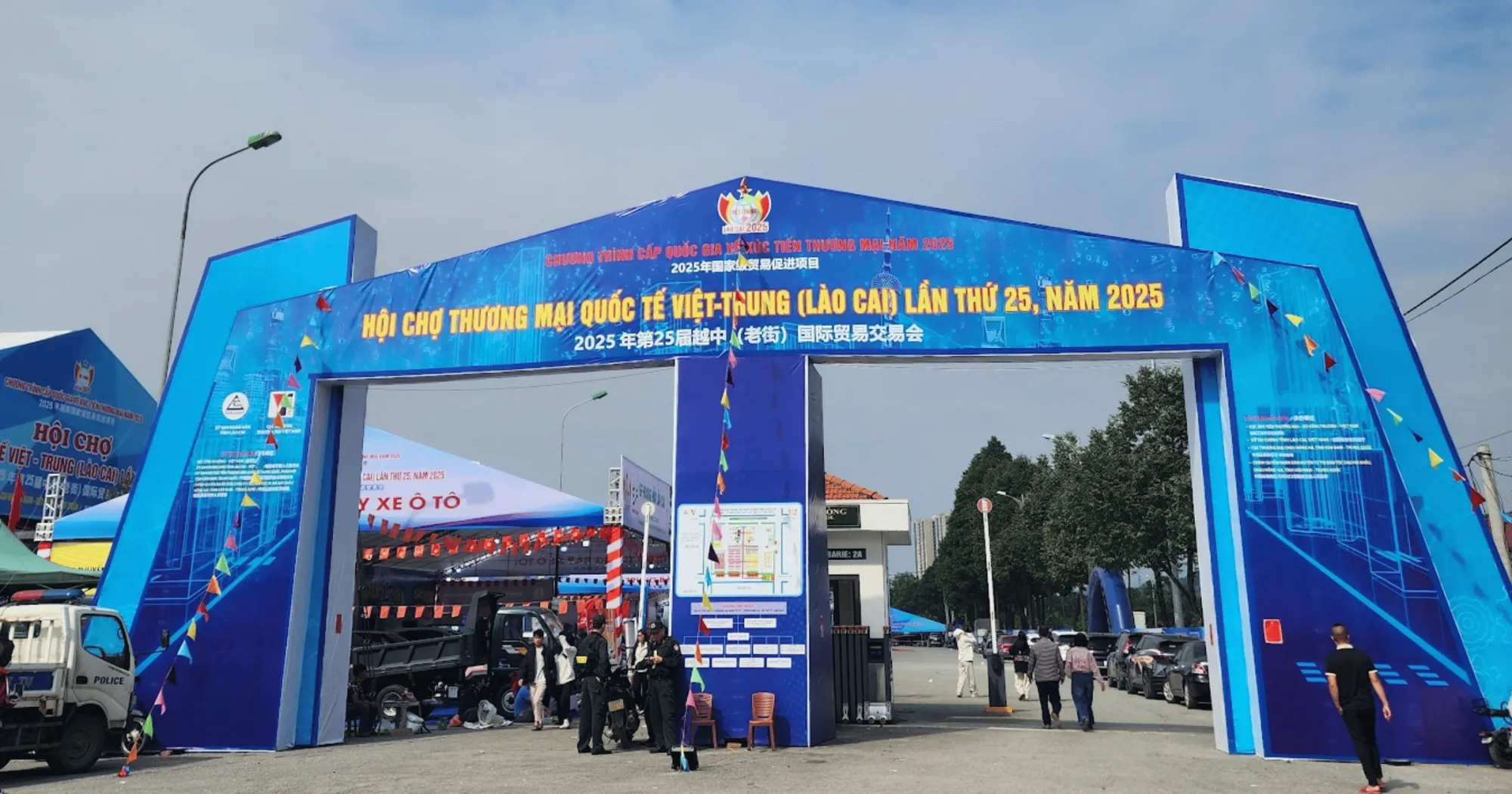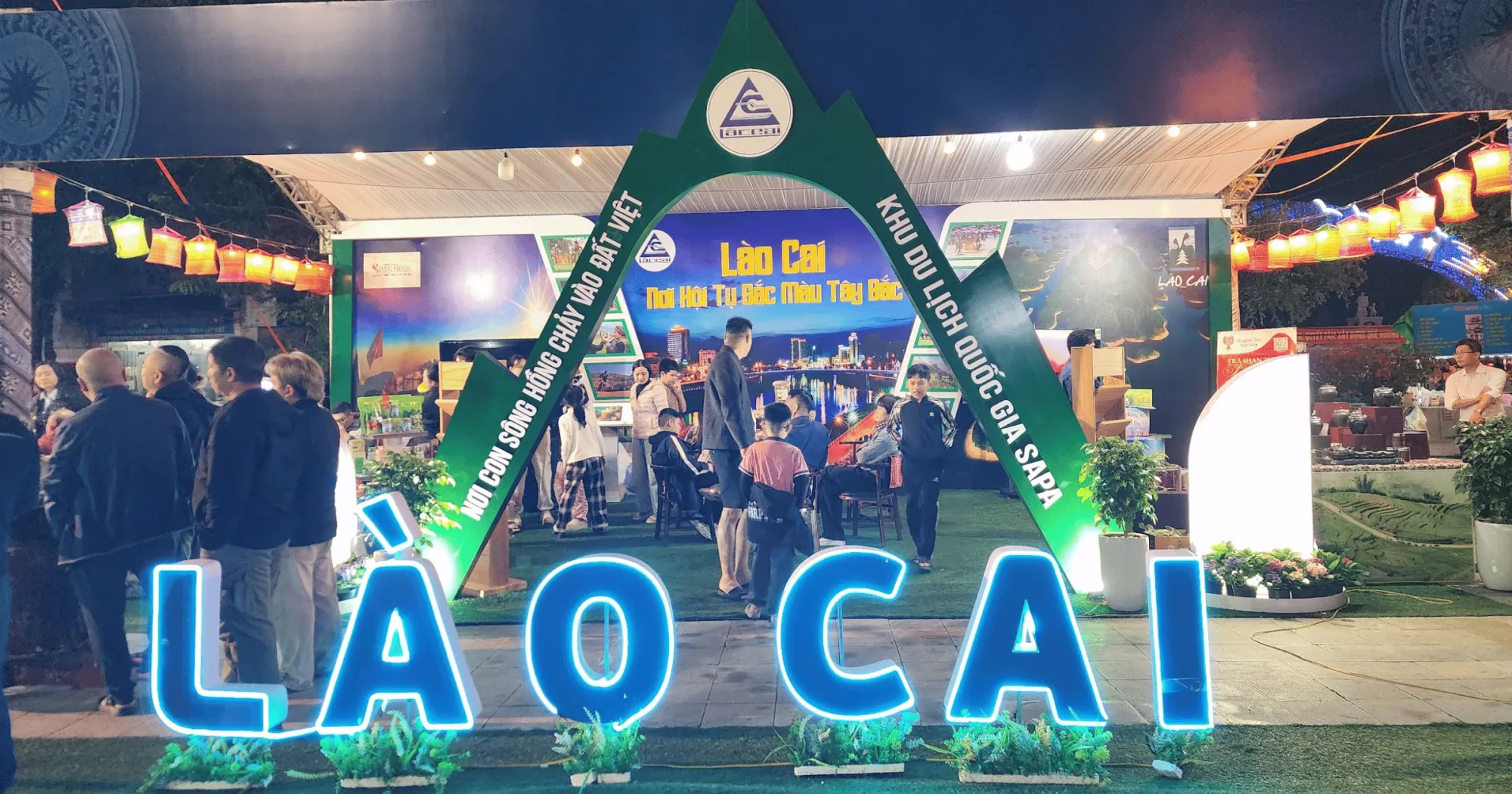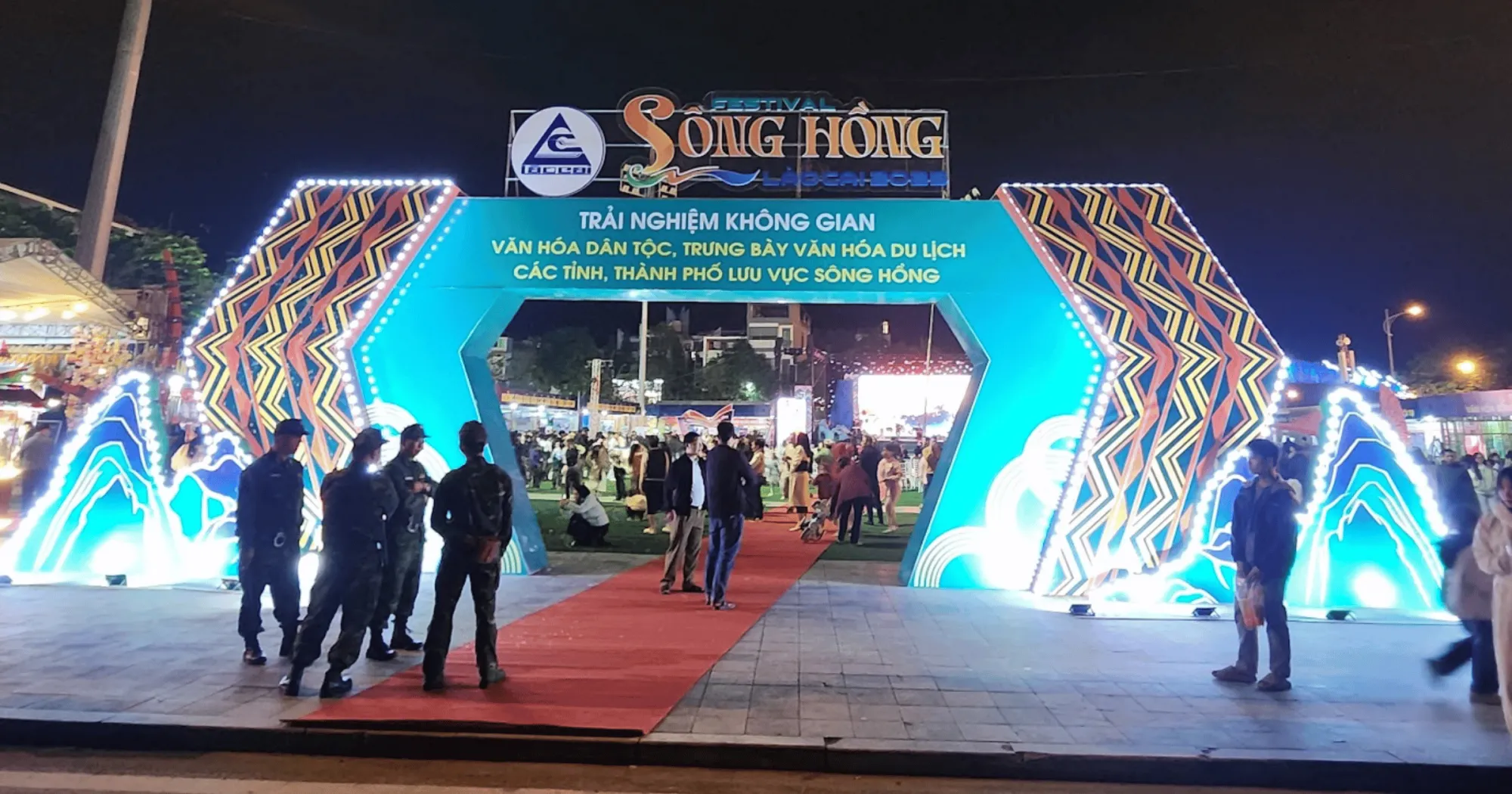When we talk about the gap between urban and rural people, we often imagine winding mountain passes and hour-long car rides. But with “ginseng”, especially Ngoc Linh Ginseng – a symbol of health and prosperity – the gap is deeper than geography: it is the difference in understanding, access and belief in the true value of this precious medicinal herb.
Ginseng – Ngoc Linh Ginseng – The difference right from perception
At a fair in Da Nang, Ms. Le Thi Ha – a primary school teacher from Nam Tra My district (Quang Nam) – stopped for a long time in front of the booth displaying Ngoc Linh ginseng. “In my hometown, ginseng is grown, but to be honest, few people know how valuable it is. People mainly grow it in cooperatives, no one clearly states the uses and dosage. They sell it, then others use it,” she shared, her eyes filled with concern. She said that many people in the village still consider ginseng as just a normal medicinal plant, without any special value.

In big cities like Hanoi and Saigon, ginseng is considered a “treasure” for health, and has long been known as a valuable gift during holidays, or even a nutritious dish in every family. Large stores and supermarkets always have boxes of Ngoc Linh ginseng extract and fresh ginseng, with values up to millions of dong. This contrast not only reflects a difference in material value, but also a profound difference in perception of this herb.
Why do people in the ginseng growing area rarely use ginseng?
One of the main reasons is economic factors. With prices ranging from several million to tens of millions of VND for a standard tael of ginseng, this is a luxury item for the majority of people living in ginseng growing areas. They are familiar with ginseng as an agricultural product to sell, not to use.
Mr. Ho Van Tinh – a commune official in Kon Tum – said that during the Covid-19 epidemic, many households asked him: “Can ginseng be used to increase resistance?”. But even when the uses were explained, they still shook their heads: “Let’s save it to sell to rich people”.
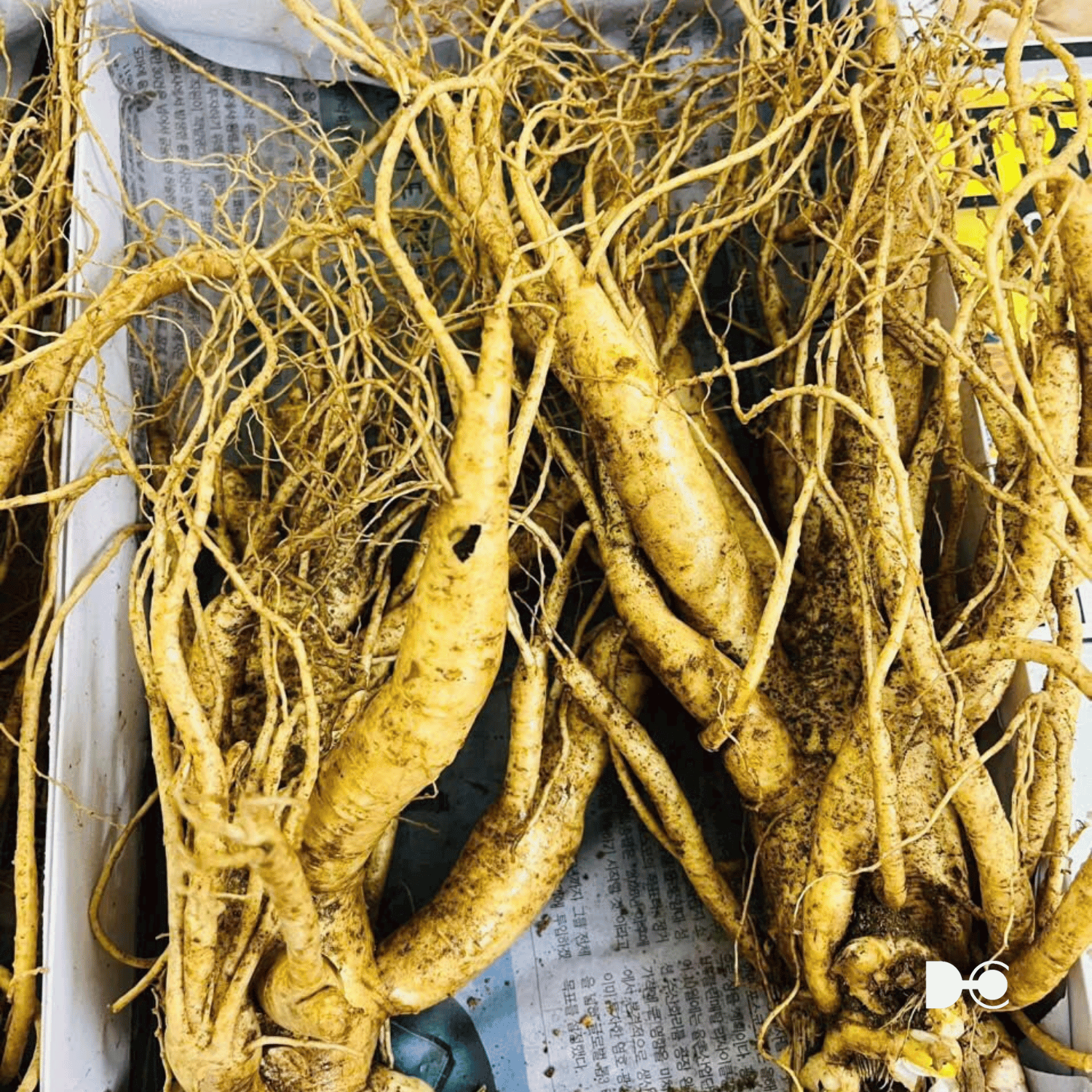
This not only reflects a lack of information about the uses and health benefits of ginseng, but also a major problem with access and value of the product. Indigenous people do not fully appreciate the value of ginseng, and if they do, they find it difficult to pay for premium products. This disparity is even more pronounced when compared to urban areas, where ginseng is consumed mainly in its premium, expensive form.
The role of communication and community education
The fact that “people in ginseng areas do not use ginseng” is not only a matter of income but also reflects a gap in public health communication. Television programs introducing the uses of ginseng often target the urban middle class, but pay little attention to bringing this information to ginseng growing areas. Meanwhile, ginseng growers have not been thoroughly instructed on how to use it – or simply do not feel they have the right to access it.
A health official from Nam Tra My district shared: “I think if there are simple, easy-to-understand instruction programs, and ginseng is distributed in a popular form to people, they will start to use and appreciate this plant more.”
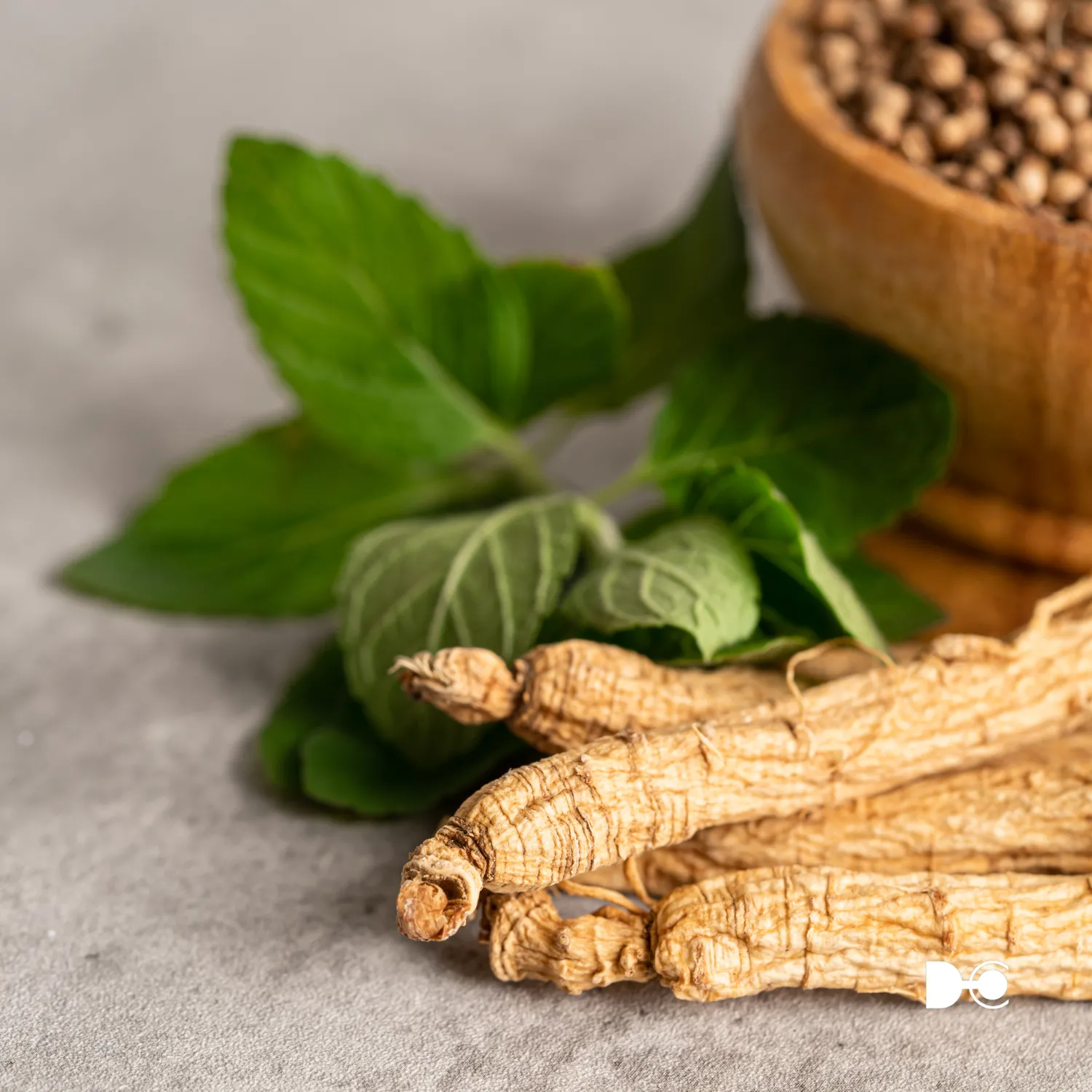
Communication programs, if designed appropriately and creatively, can play an important role in raising awareness of ginseng, not only among urban residents but also among people living in ginseng growing areas. In addition, policies to support ginseng growers, helping them understand and confidently use the product right in their hometown, can be an effective solution.
From distance to opportunity
The gap in ginseng access is not only a challenge, but also an opportunity for social-medical-commercial models to coordinate. When local people understand and use the products they make, the value will be retained more in the place where it was born. It is not necessary to export far to call it a success.
Popularizing knowledge and integrating ginseng into health care programs in ginseng-growing communities can be the first step to narrow the existing gap. If people harvest and use ginseng themselves, it will not only help them improve their health but also create a more stable source of income from their own products.
